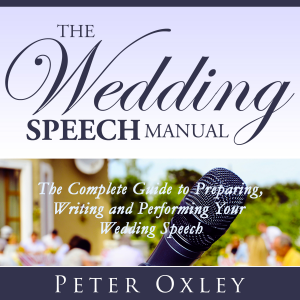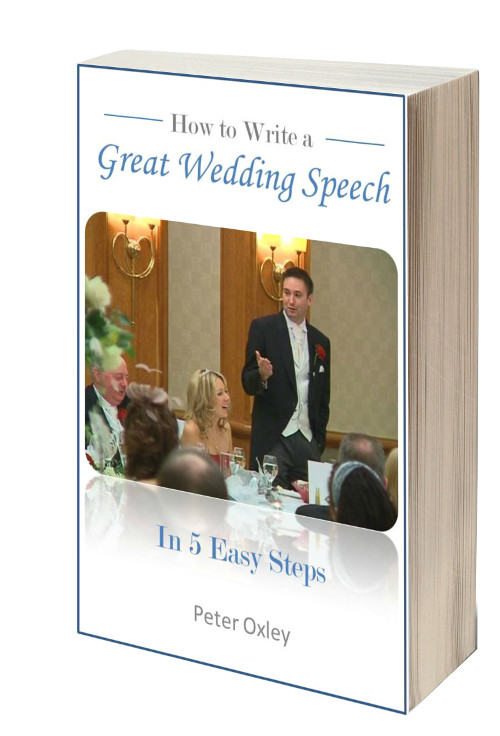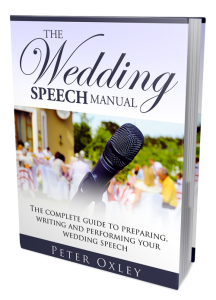Why Public Speakers Are Made, Not Born
 In 1984 a linguistics professor named Max Atkinson undertook an experiment for a Granada television programme to see whether it was possible to an ordinary person into a successful public speaker. As his subject he used a lady by the name of Ann Brennan, someone who had never done any form of public speaking before but wanted to make a point at the SDP (Social Democrat Party) conference.
In 1984 a linguistics professor named Max Atkinson undertook an experiment for a Granada television programme to see whether it was possible to an ordinary person into a successful public speaker. As his subject he used a lady by the name of Ann Brennan, someone who had never done any form of public speaking before but wanted to make a point at the SDP (Social Democrat Party) conference.
There was a fair amount of scepticism about the process, with Ken Livingstone (a prominent Labour politician and future Mayor of London) remarking at the time: “Public speakers are born, not made. People shouldn’t worry about all these techniques; they should just be themselves.”
Atkinson spent time with Ann Brennan, using rhetorical techniques and imagery to increase the impact of what she said and how she said it. The result? A successful speech which drew applause from those present, many of whom were more than used to sitting through and delivering polished speeches. Atkinson’s book Lend Me Your Ears: All you need to know about making speeches and presentations explains the techniques he used to achieve this feat.
Going back to Ken Livingstone’s comment above, I’m sure the sentiment sounded familiar to many of you. Often our initial response to a challenge is to think of those who can do speeches as somehow gifted, while the rest of us mere mortals are doomed to forever live in their shadows.
Matthew Syed makes some interesting comments on this topic in his recent book, Bounce: The Myth of Talent and the Power of Practice, where he talks about the difference between “fixed” and “growth” mindsets. The above paragraph is an example of a fixed mindset. People are either born with the talent to do something, or they’re not. Trying harder is just failing more often.
A growth mindset, on the other hand, casts aside the limitations of so-called talent, believing instead in the benefits of hard work and practice. If you try hard enough at something, then eventually you’ll get better at it.
Guess what? When we look at people who are successful in any field, we find that the growth mindset prevails. Think about anyone who excels at what they do, again and again. Chances are that person will be obsessive about practicing again and again, constantly pushing themselves beyond their comfort zone.
Contrary to what Ken Livingstone and others like him may say, you can “make” a good public speaker: it just takes the right techniques and, importantly, lots of practice.
How much practice? I’d say as much as possible. As mentioned in “Bounce”, the evidence points to 10,000 hours being needed to make someone an expert in any given field, but you’re not looking to be an expert at every type of public speaking: you just want to deliver a good speech.
So if you want to do a great job, practice little and often, constantly challenging yourself to be better each time. It really will pay you back when you come to stand up and deliver those opening lines…






